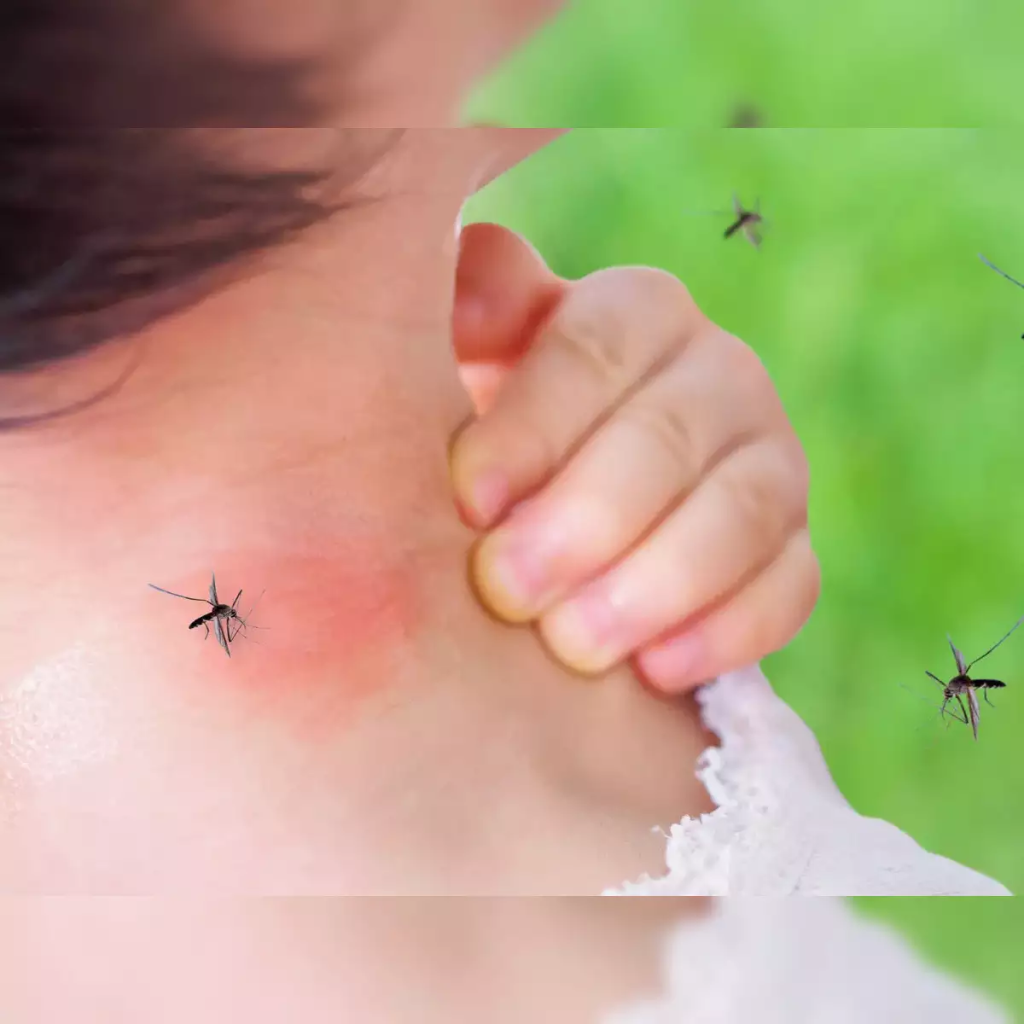Nagpur Declares Public Health Emergency Amid Chikungunya and Dengue Surge
Nagpur has announced a public health emergency after a significant increase in chikungunya and dengue instances. Within the initial eight days of August, the city documented 54 fresh cases of chikungunya and 15 instances of dengue, causing extensive worry among inhabitants and health authorities. This exceptional surge in cases has strained the city’s healthcare facilities.
The Nagpur Chikungunya outbreak has gotten to a critical stage. The number of cases has significantly increased, according to health officials, and the test positivity rate has skyrocketed past 20%. Only on August 7 and 8, ten new cases of chikungunya were reported daily. Comparing this to July, when there were 88 instances overall, there has been a sharp increase. The city’s healthcare system is under extreme strain due to the spike in chikungunya cases; on average, eight people are admitted to hospitals each day.
Causes and Risk Factors

Both chikungunya and dengue are caused by viruses that are spread by mosquitoes. The Aedes aegypti mosquito is the primary vector for both diseases. These mosquitoes thrive in urban environments with stagnant water. The monsoon seasons, which provide ideal circumstances for mosquito reproduction, are frequently associated with an increase in instances. The issue is made worse by filthy water sources and inadequate sanitation.
Urban areas with high population density and poor waste management and sanitation systems are more susceptible to these diseases. Additionally, the lack of access to healthcare and preventive measures among residents further aids in the spread of such illnesses.
Response Measures and Public Health Efforts
Sensing the outbreak, Nagpur Municipal Corporation has scaled up public health initiatives. More specifically, the sanitary workforce has been increased from 138 to 188, with a focus on extensive fumigation and spraying of insecticides in the city. The intention behind the effort would be to restrict the magnitude of transmission for these diseases by having mosquito breeding grounds and lower numbers of mosquitoes in the city.
The NMC has also conducted a comprehensive survey of 278,000 houses, identifying mosquito larvae in over 7,722 homes. The proactive strategy is intended to target possible mosquito breeding grounds and carry out specific interventions to decrease mosquito populations. Although these actions are being taken, certain residents have mentioned insufficient fumigation in particular locations, leading to doubts about the efficacy of the measures and emphasizing the requirement for better coordination. Read More- https://thelivenagpur.com/2024/08/11/nagpur-declares-public-health-emergency-amid-surge-in-chikungunya-and-dengue-cases/
Content Highlights:
- Nagpur has declared a public health emergency due to a sharp rise in chikungunya and dengue cases.
- Recent reports show a surge in new cases, overwhelming local healthcare resources.
- The city’s response includes a significant increase in the number of sanitary workers and intensified fumigation efforts.
- A comprehensive survey revealed widespread mosquito larvae presence, highlighting the scale of the outbreak.
Preventive Measures and Community Involvement
There is a dire need for proper personal protective measures against mosquito-borne diseases; this includes applying mosquito repellents, wearing long-sleeved clothes, and using mosquito nets in areas that have a high infestation of them. This will prevent mosquito bites and subsequently reduce the risk of contacting chikungunya or dengue.
Community involvement is critical in combatting the outbreak. Locals should support public health campaigns to reduce mosquito populations, get involved in neighborhood clean-up campaigns, and remove sources of stagnant water. In order to manage and lessen the effects of chronic diseases, local authorities and the community must effectively collaborate and communicate.
The significance of early detection and timely treatment in controlling chikungunya and dengue outbreaks is underscored by health professionals. Dr. Ramesh Sharma, who is an epidemiologist, highlights the necessity of “a multifaceted strategy that encompasses preventive measures and strong public health tactics” in managing vector-borne diseases.
Conclusion
As Nagpur continues to grapple with the surge in chikungunya and dengue cases, it is imperative to strengthen public health responses and enhance community engagement. The urgent need for comprehensive measures to address the chikungunya and dengue outbreaks is highlighted by the declaration of a public health emergency in Nagpur. The city can strive to control the spread of these diseases and protect public health by improving sanitation, enhancing public health strategies, and promoting community involvement.